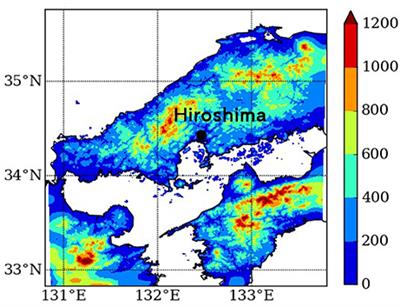EDITORIAL
Published on 22 Jul 2020
Editorial: Modelling, Simulating and Forecasting Regional Climate and Weather
doi 10.3389/fenvs.2020.00099
- 1,423 views
8,845
Total downloads
51k
Total views and downloads
EDITORIAL
Published on 22 Jul 2020
ORIGINAL RESEARCH
Published on 06 Dec 2019
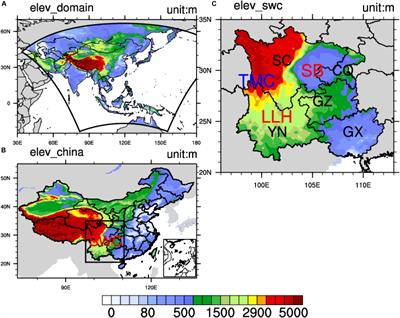
ORIGINAL RESEARCH
Published on 02 Jul 2019

ORIGINAL RESEARCH
Published on 10 Apr 2019

REVIEW
Published on 26 Feb 2019

ORIGINAL RESEARCH
Published on 19 Feb 2019

CORRECTION
Published on 30 Jan 2019
ORIGINAL RESEARCH
Published on 29 Jan 2019
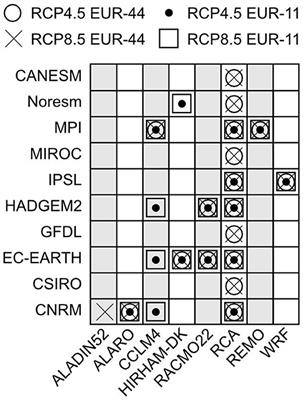
ORIGINAL RESEARCH
Published on 27 Nov 2018
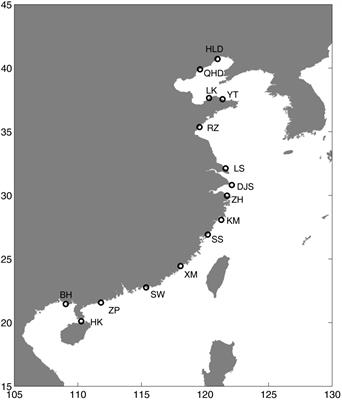
ORIGINAL RESEARCH
Published on 20 Nov 2018

ORIGINAL RESEARCH
Published on 15 May 2018
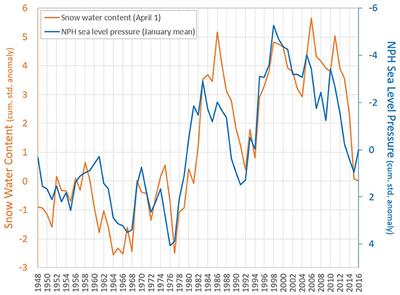
ORIGINAL RESEARCH
Published on 19 Apr 2018
